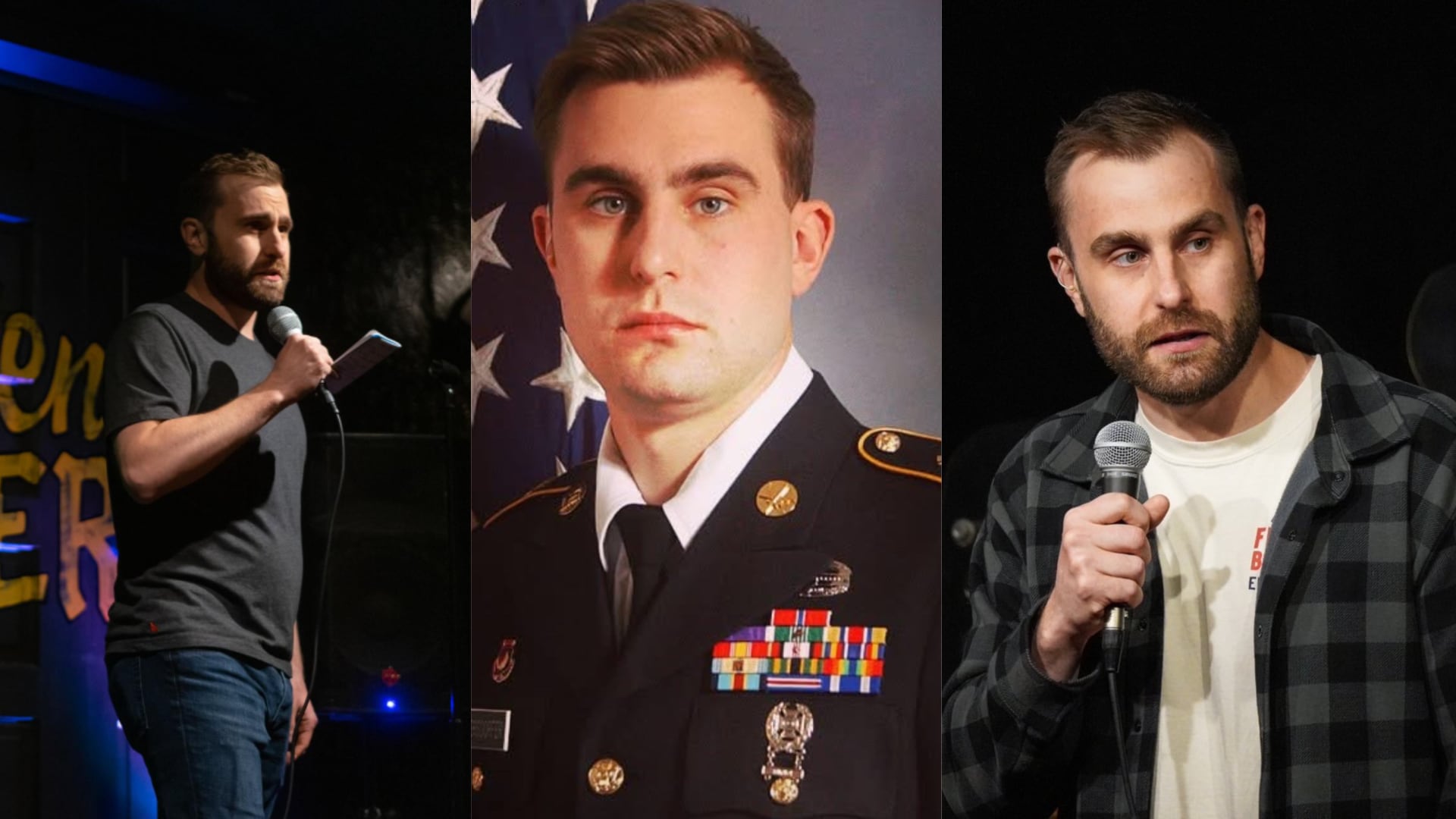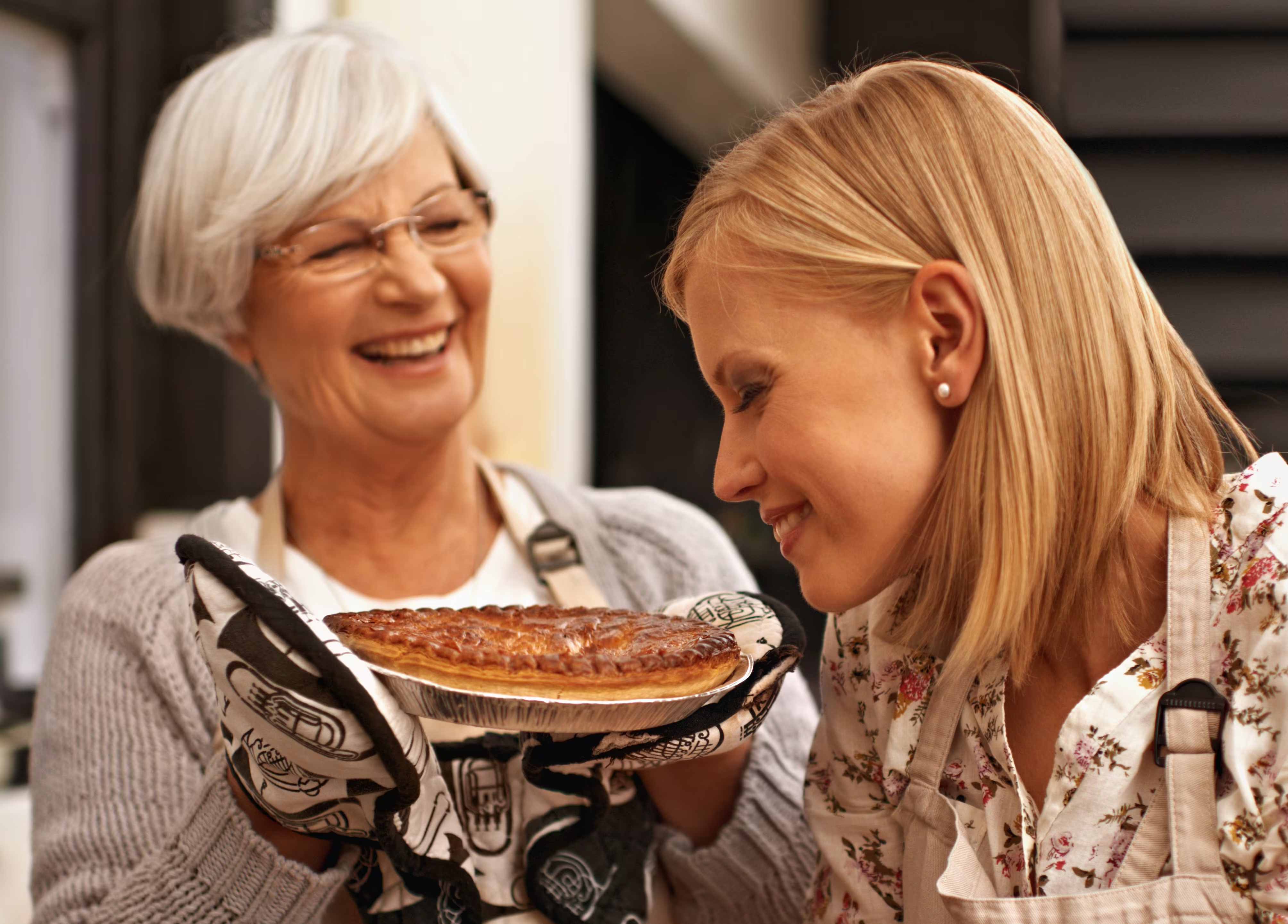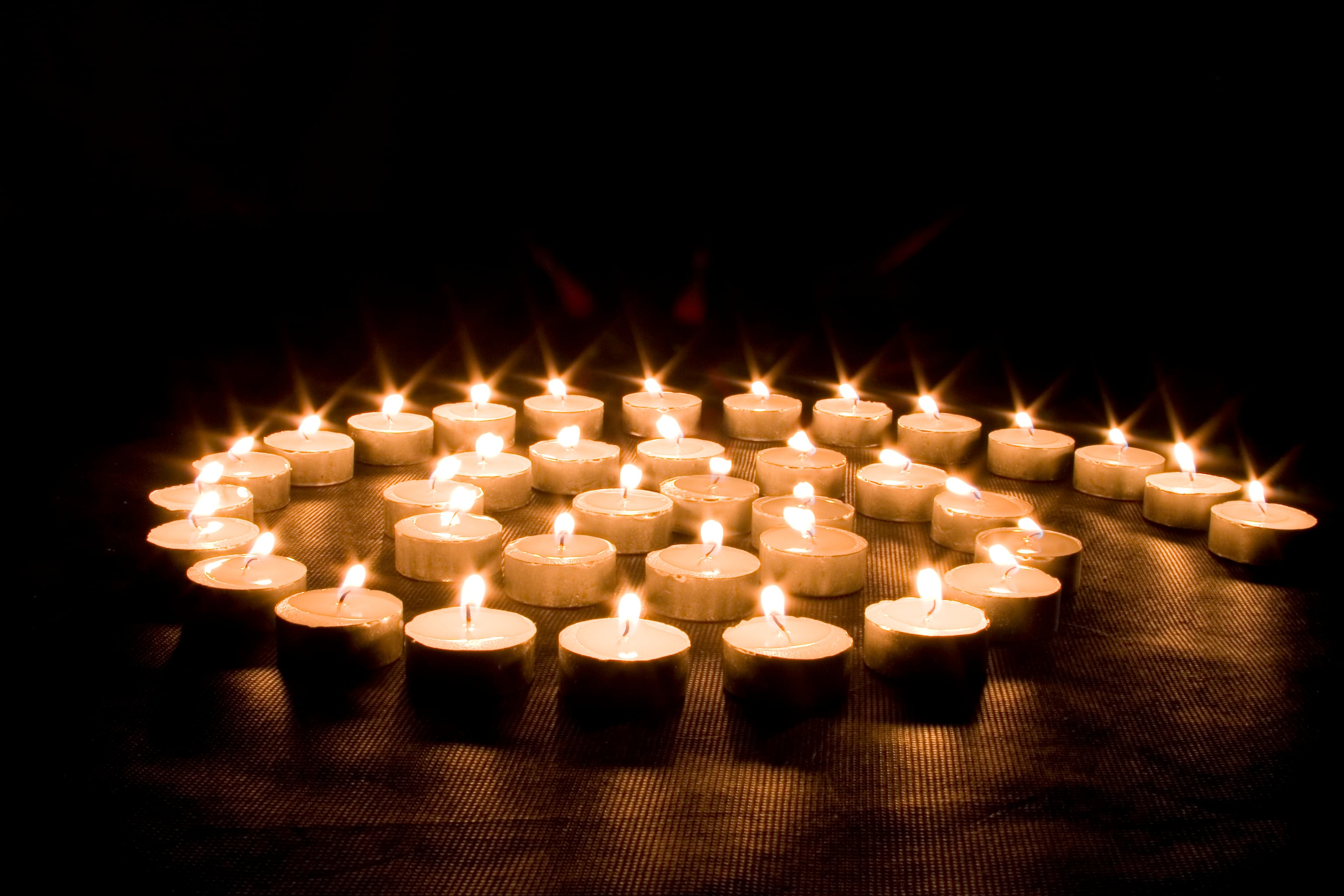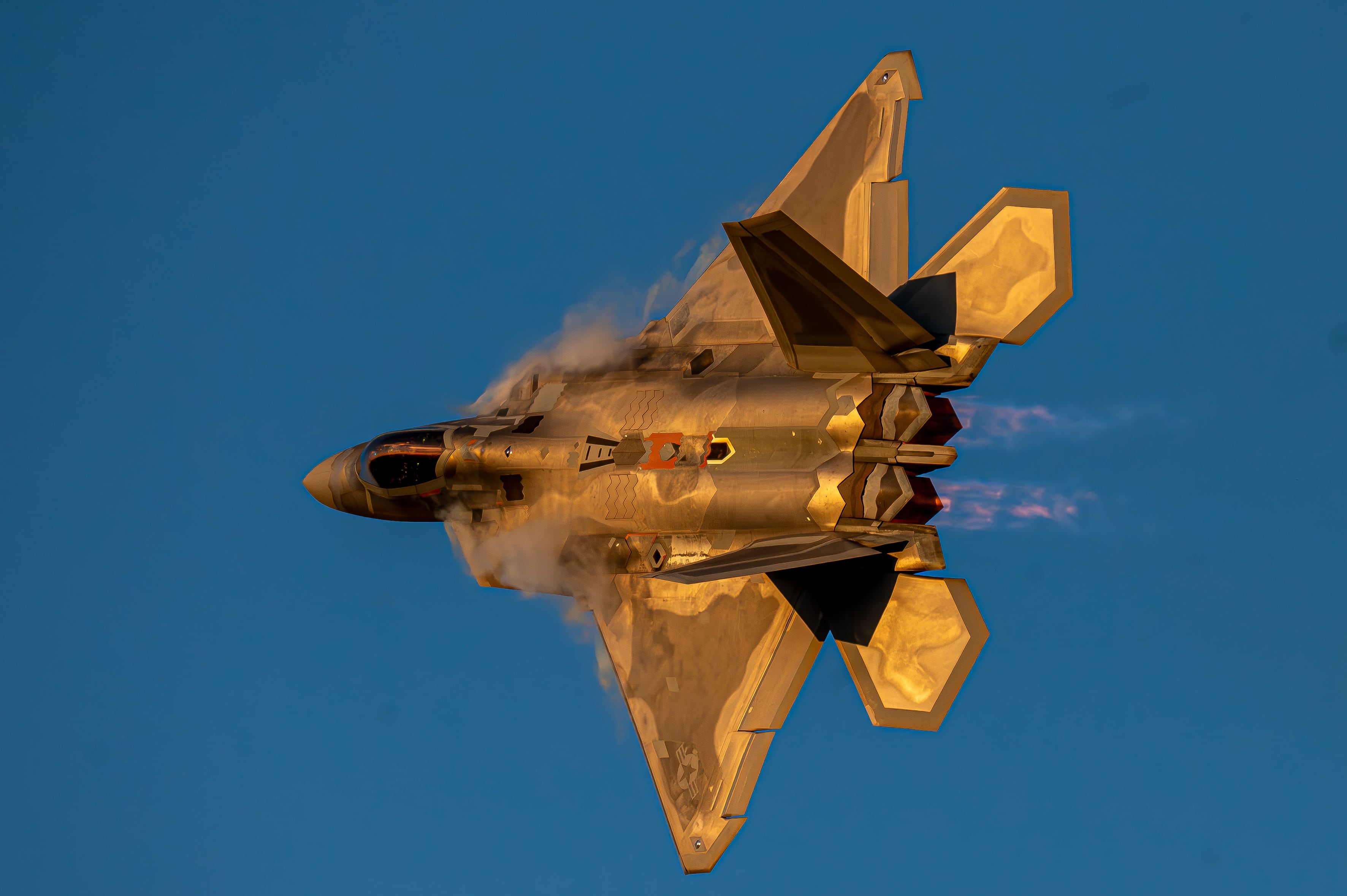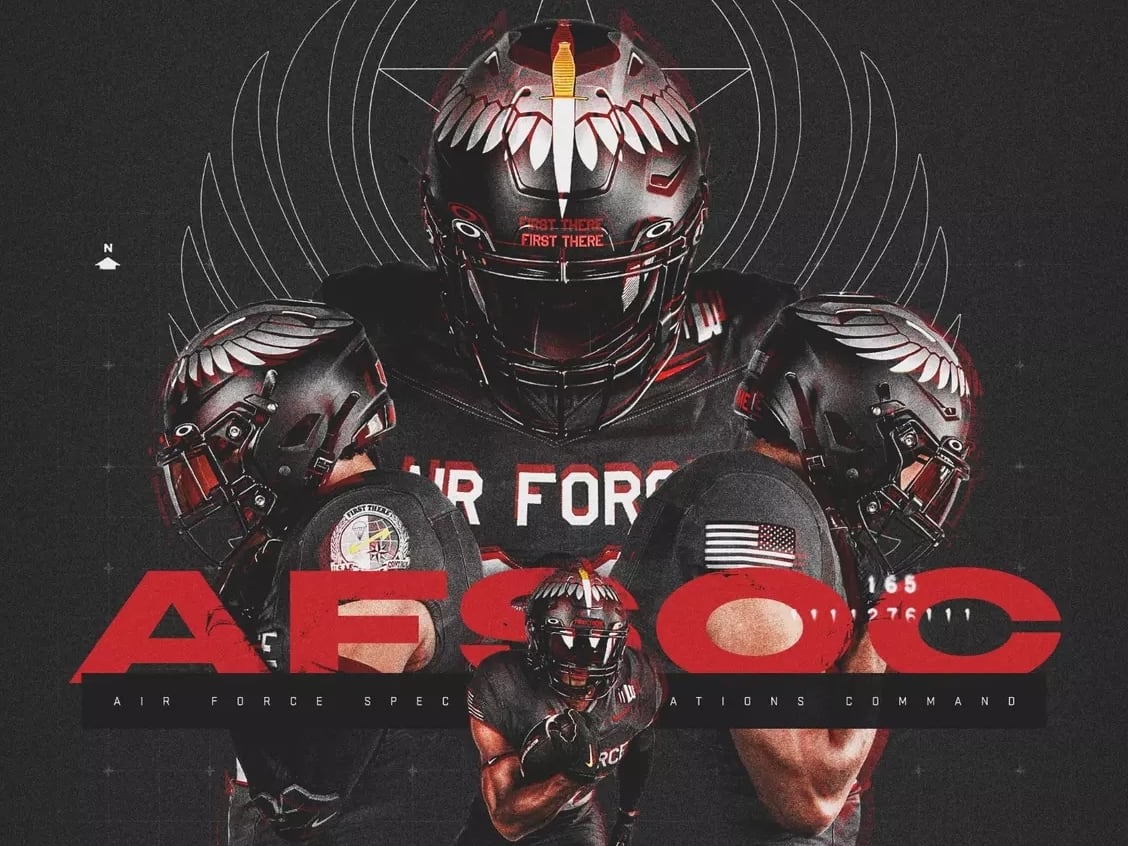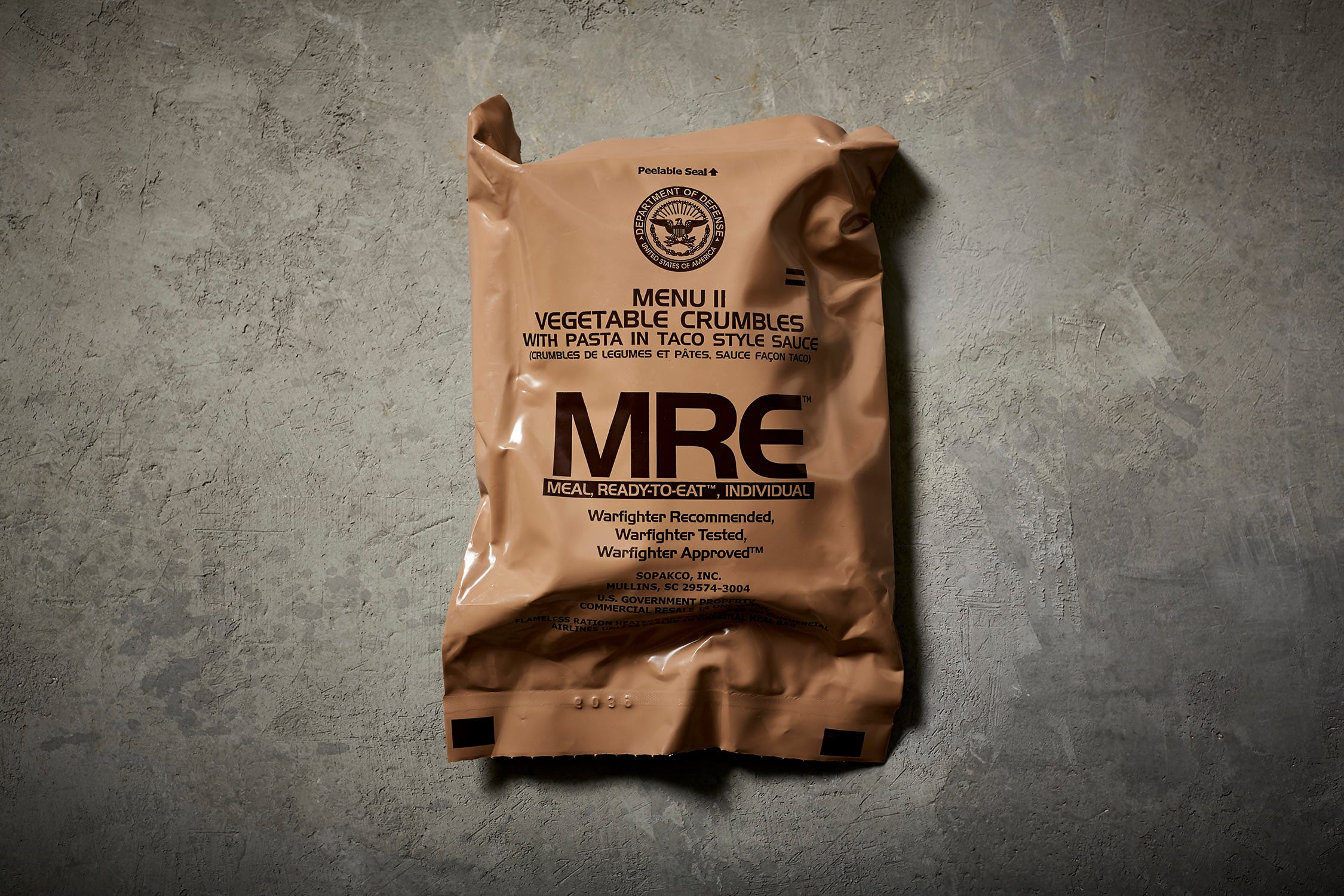All ranks of the military have become mindful of masks in recent months.
A cloth mask is worn not to protect yourself from COVID-19, experts say, but to protect others from you.
They help prevent the spread of infectious droplets that can linger in the air long enough to be inhaled by your battle buddies, especially for those not exhibiting any symptoms.
From recruits on Parris Island to shipmates at sea and the personnel locked down at the nuclear war-ready Cheyenne Mountain complex, the military is masking to keep those personnel safe when 6 feet of distance isn’t possible.
So why isn’t the brass following suit?
An official White House photo from a meeting President Donald Trump held with national security officials this past weekend — including Defense Secretary Mark Esper and the Joints Chiefs of Staff — shows leadership sitting around a table officiously.
The meeting took place during a time when the virus has moved beyond some abstract threat to U.S. military leadership. Still, they sit within 6 feet of each other and no one is wearing masks.
Chief of Naval Operations Adm. Michael Gilday is in isolation this week after coming into contact with a family member who tested positive for COVID-19. The head of the National Guard Bureau, Air Force Gen. Joseph Lengyel, initially tested positive before subsequent tests produced a negative result.
The brass answers to the president, but despite the recommendations of his public health experts, and cases popping up in the West Wing, Trump has indicated he won’t wear a mask.
“I just don’t want to wear one myself,” he said during a coronavirus briefing last month, according to POLITICO.
The president’s refusal to follow basic public-health guidelines put the service chiefs in an awkward position last weekend, according to Dr. Dean Winslow, a retired Air Force colonel and infectious disease doctor at Stanford University.
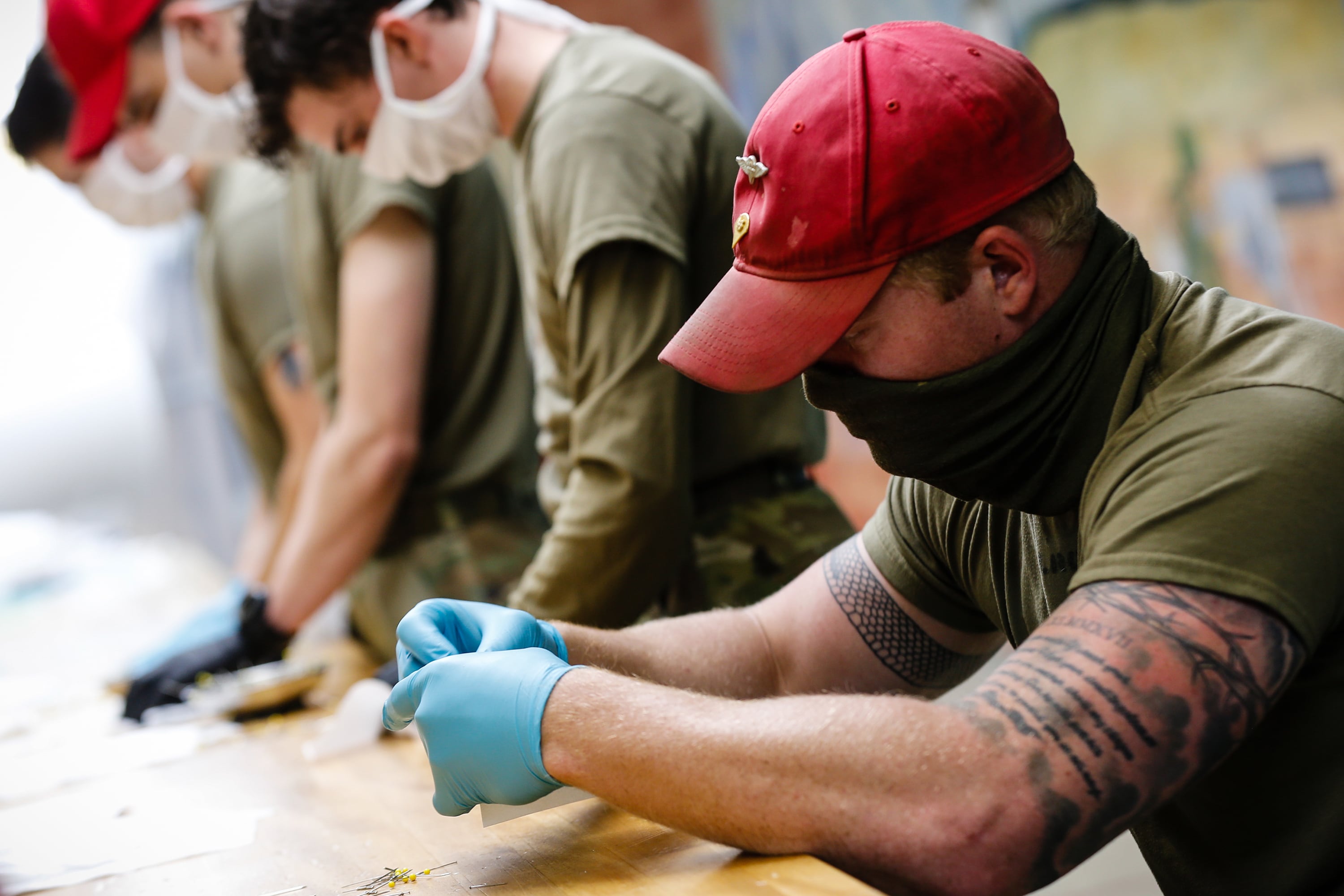
“I don’t blame the generals that were in that picture for not wearing masks,” he said. “They were in a difficult situation. It would have come across as being disrespectful if they had all been wearing masks and the president...and secretary of state were not.”
Winslow, who served in Iraq and Afghanistan, caveated his thoughts by noting that he takes “very seriously being respectful to the commander in chief and the current leaders in all four branches of the military.”
Still, Winslow said, “I think the serving chiefs and the chairman of the Joint Chiefs of Staff are put in a bad position by the president and the vice president.”
“Right now we’re in the midst of a global pandemic,” he added. “The leadership of the (U.S. Centers for Disease Control and Prevention) and (National Institutes of Health) have said that the uniform of the day is that, if you can’t maintain 6 feet of distance, you should be wearing a mask.”
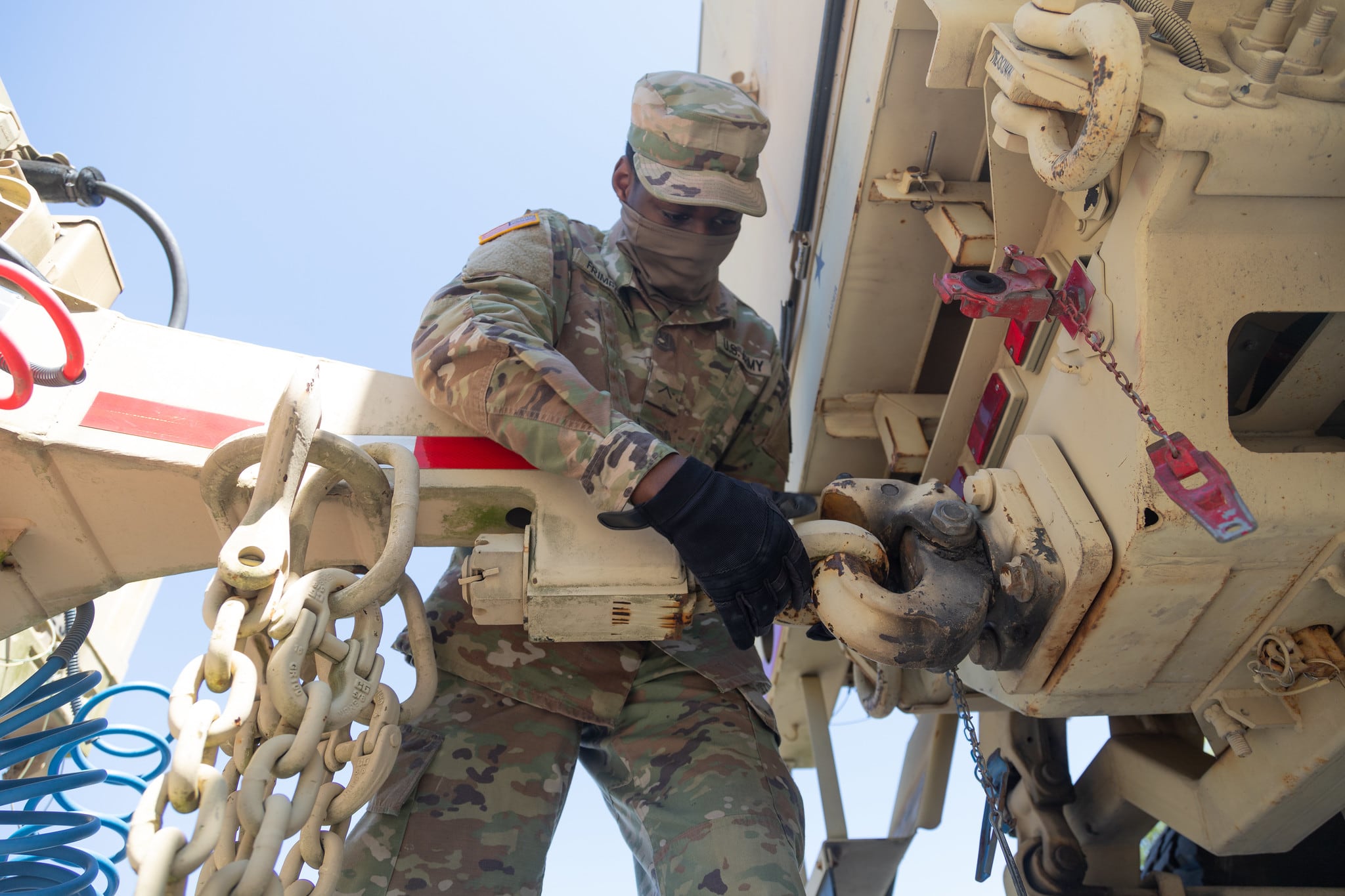
If Trump, Pence and his Cabinet wore masks, the uniform of the day for such situations, “it would send a very powerful message,” Winslow said.
“It’s analogous to if you’re a police chief or sheriff, you follow the speed limit,” he said. “You want to set the example for everyone else.”
A White House official told Military Times this week that “everyone in attendance was tested” before Saturday’s meeting “as they were in close proximity to the president.”
A mandatory masking policy for White House staff was stood up this week after Trump’s military valet and others at the White House tested positive for the virus.
Questions regarding whether the service chiefs have received guidance on masking in Trump’s presence were referred to White House officials, who did not answer as of publication.
Trump has touted “big progress” against the virus as experts continue to warn of serious consequences if the country reopens too quickly. Throughout the reopening debates, masks have become a powerful symbol.
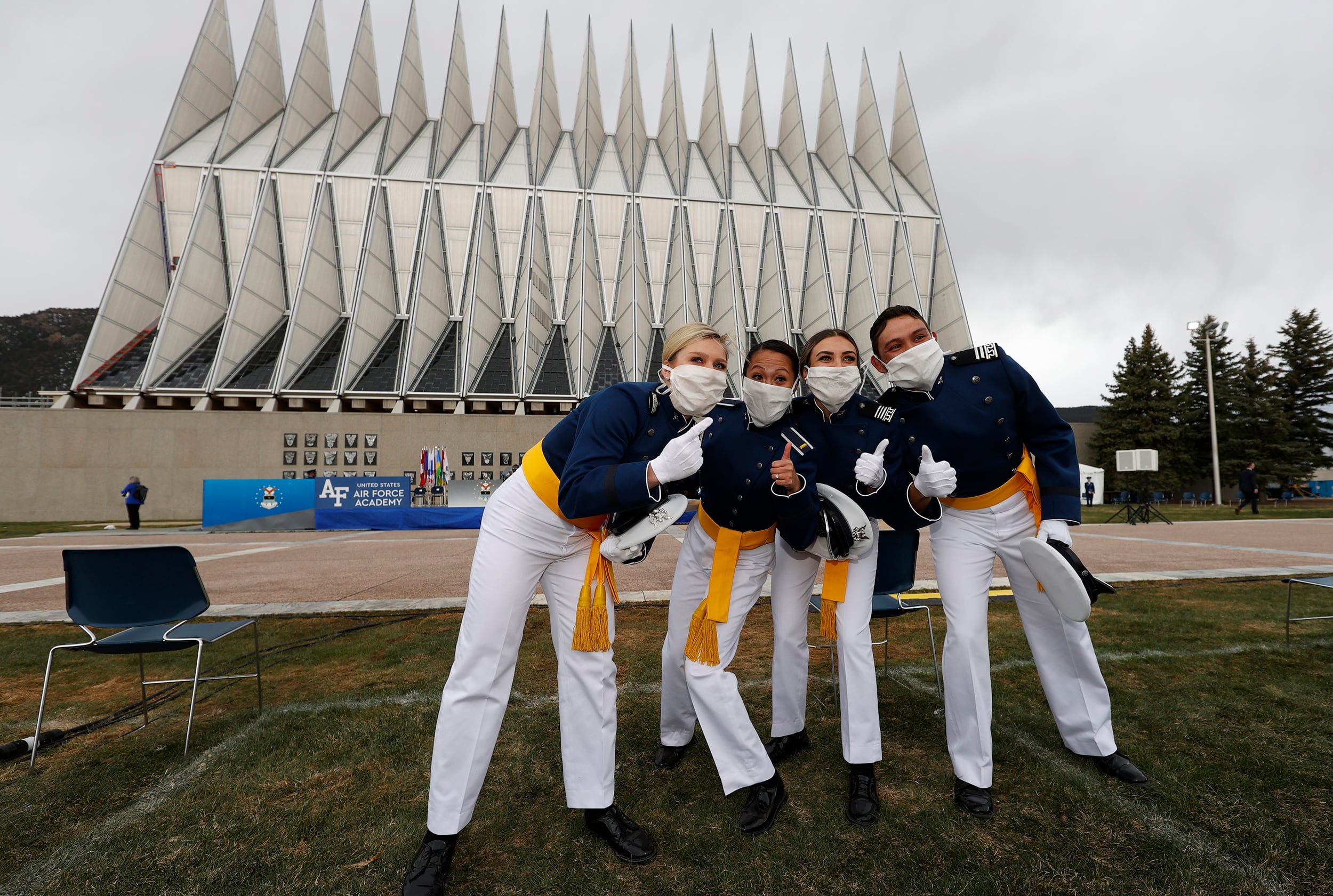
“Photographs of powerful people wearing masks in the middle of a pandemic sends different messages to different people,” said Alice Friend, a former Pentagon official who is now a senior fellow at the Center for Strategic and International Studies, focusing on civil-military relations.
“Some people interpret it as they’re behaving responsibly ... other people might look at the picture and get nervous.”
Still, Friend said she doesn’t think rank-and-file troops will take their masking cues from the service chiefs.
“I think most folks in uniform are going to follow the orders of their immediate commanding officers,” she said. “For a broader audience, I don’t think it sets a good example.”
Geoff is the managing editor of Military Times, but he still loves writing stories. He covered Iraq and Afghanistan extensively and was a reporter at the Chicago Tribune. He welcomes any and all kinds of tips at geoffz@militarytimes.com.
Tags:
Trump won't wear a maskTrump maskTrump coronavirusTrump Covid-19Joint Chiefs of Staff coronavirusGilday CoronavirusGilday Covidcoronavirus in the militarywhy isn't everyone wearing a maskTrump coronavirus Joint Chiefs no masksIn Other News





